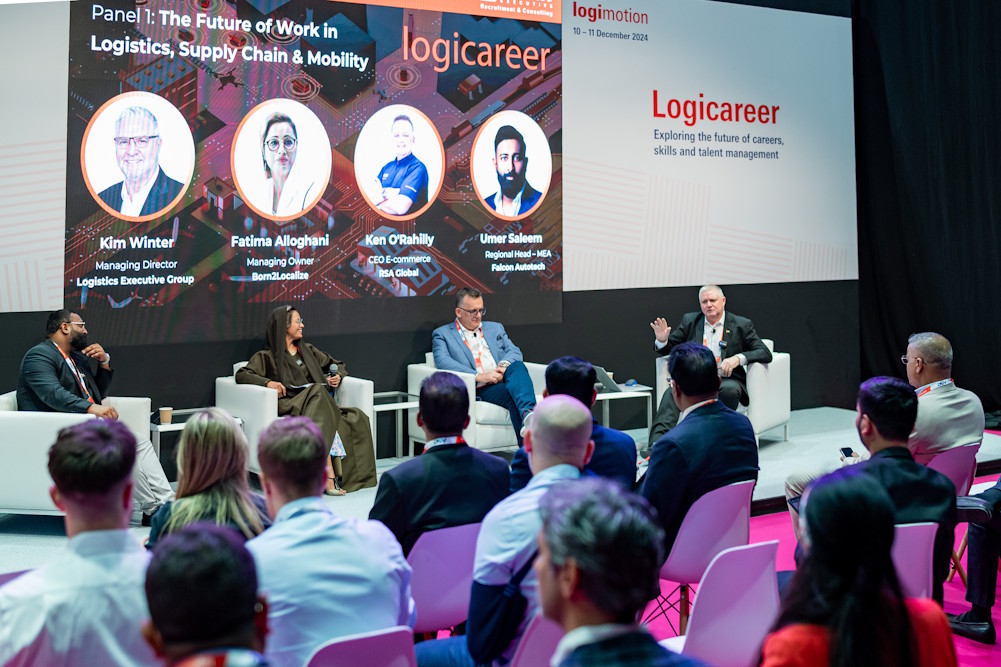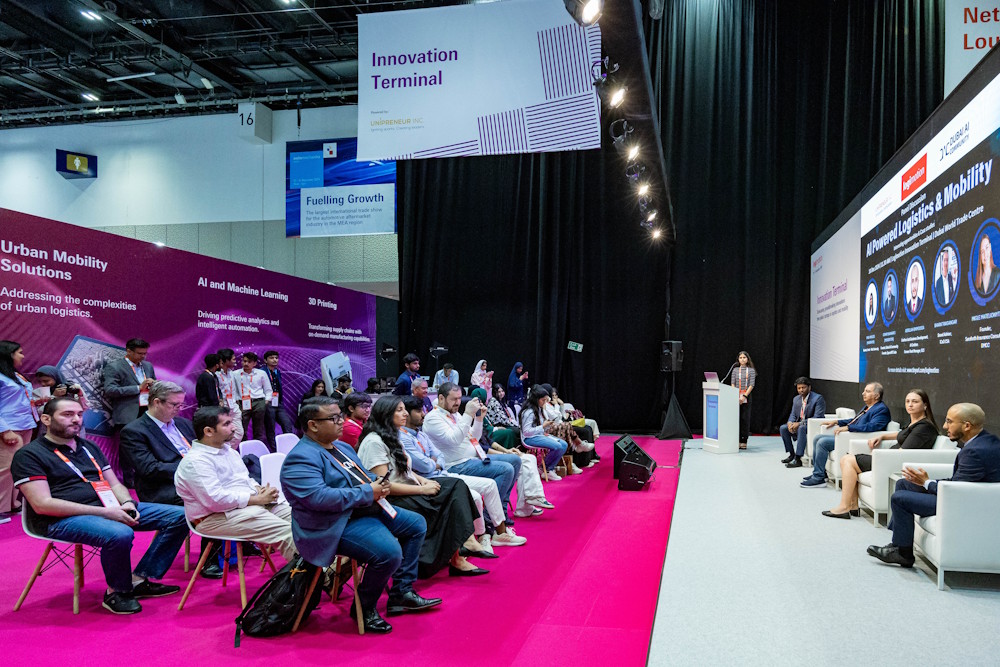Global Innovators Awards
Join Us for the 2025 Global Innovators Awards Ceremony! Location: Hybrid Event (Virtual Event) – Join us from anywhere in the world! Prompt E-Certificate!!!
Wednesday, December 25, 2024
Tuesday, December 17, 2024
Building a framework for successful HR Tech implementation
Building a framework for successful HR Tech implementation

Cracking the tech code
Transforming HR in Healthcare
Scaling Success with Smart HR Solutions
Driving Growth with Digital Transformation
- Tailored frameworks for diverse needs: HR tech implementation must adapt to specific organisational needs for effective transition. A one-size-fits-all approach is often ineffective, indicating the need for tailored processes and approaches that suit each organisation.
- Change management as a critical enabler: Successful and agile adoption of technology calls for robust change management. Starting early with clear transformation drivers and active involvement of organisational leaders ensures alignment with sustained impact and seamless adoption.
- Simplify before automating: One of the interesting highlights during the session was the mention of a Lean approach, encapsulated by the "Eliminate, Combine, Reduce, Simplify, and Automate" (ECRSA) principle. This approach was highlighted as crucial before technology implementation. By first defining and refining existing processes, organisations can ensure that the technology implementation avoids pitfalls such as data inaccuracies or redundant processes.
Charting HR’s digital future
Topics: HR Technology, Strategic HR, #Future of Work
Subscribe to:
Comments (Atom)
Establishment&application of an efficient separation&enrichment system f...
Global Innovators Awards Website: researcherinnovators.com

-
Global Innovators Awards Website: researcherinnovators.com
-
Building a framework for successful HR Tech implementation A look back at the PeopleStrong x People Matters HR Roundtable Discussion in Hyde...
-
Logimotion, a new event for the logistics, mobility and supply chain sectors is providing a launchpad for the next generation of innovator...



